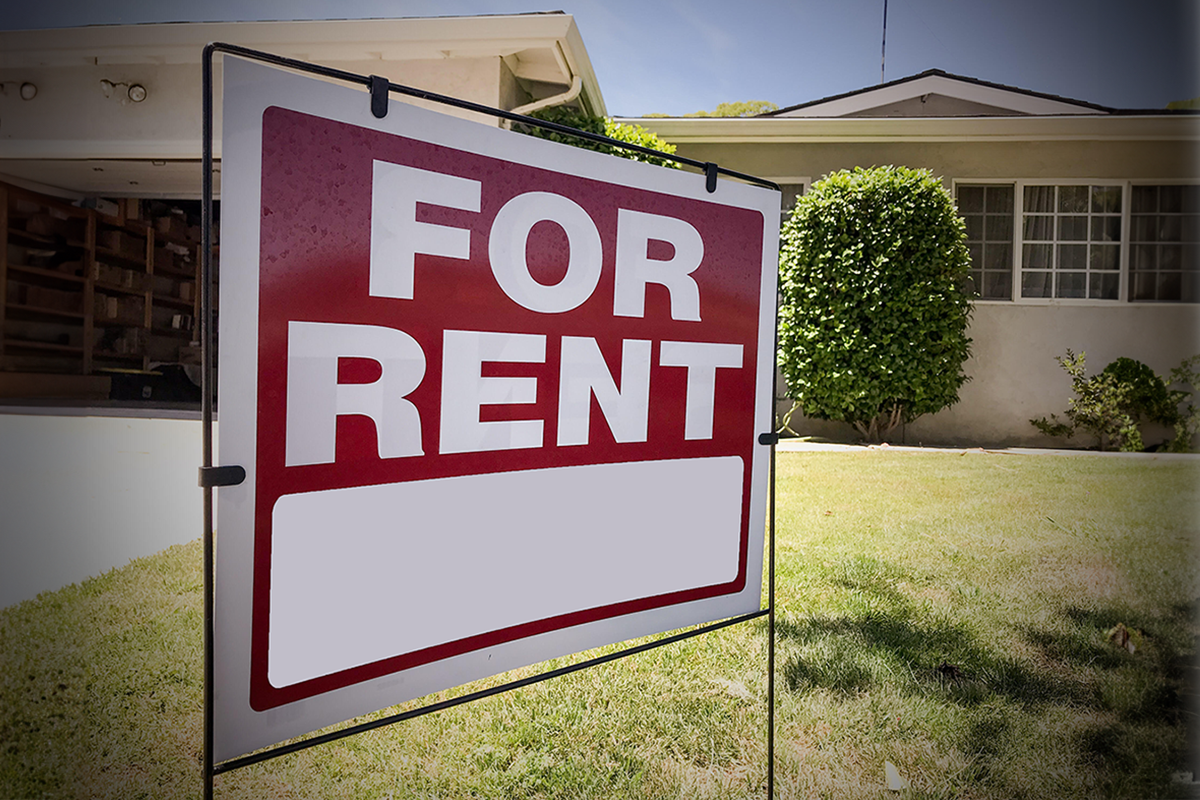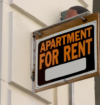Almost 40% of Renters Think They’ll Never Own a Home
A recent report by Redfin has unveiled a concerning trend among renters across the United States: a growing sense of despair regarding their prospects of ever owning a home. The study reveals that nearly two in five U.S. renters (38%) no longer harbor the belief that they will one day transition from renting to homeownership—a significant increase from just under a year ago.
The prevailing reason behind this pessimism is the lack of affordability in the housing market. A staggering 44% of renters who have resigned themselves to perpetual renting cited the exorbitant cost of available homes as the primary deterrent. This sentiment is further exacerbated by the challenges associated with saving for a substantial down payment, with 35% expressing concerns about their ability to accumulate sufficient funds.
Moreover, the daunting prospect of affording ongoing mortgage payments and contending with high mortgage rates ranks prominently among the obstacles deterring renters from pursuing homeownership. Approximately one-third (33%) of respondents cited concerns about their capacity to meet mortgage obligations, while an equal proportion (32%) cited the prohibitive effect of high mortgage rates on their homeownership aspirations.
Surprisingly, despite the prevailing sense of disillusionment, there exists a glimmer of hope among the youngest generation of renters. Gen Z renters emerge as the most optimistic cohort, with only 8% expressing doubts about their eventual homeownership prospects. In stark contrast, the outlook dims significantly among older generations, with 22% of millennials, 40% of Gen Xers, and a staggering 81% of baby boomers conceding defeat in their homeownership aspirations.
The implications of this growing disillusionment are far-reaching, with profound socio-economic ramifications. The dream of homeownership, once a cornerstone of the American ethos, now appears increasingly out of reach for a significant segment of the population. This trend not only perpetuates socio-economic inequality but also poses a formidable challenge to the long-term stability of the housing market and the broader economy.
Addressing the root causes of this crisis demands a multifaceted approach encompassing policy interventions, financial reforms, and concerted efforts to bolster affordable housing initiatives. Initiatives aimed at expanding access to affordable housing, facilitating homeownership education and assistance programs, and incentivizing sustainable homeownership practices are imperative to mitigate the growing despair among renters and cultivate a more inclusive and equitable housing landscape.
In conclusion, the findings of the Redfin report underscore the urgent need for proactive measures to address the burgeoning crisis of renters in despair. Fostering a housing ecosystem that empowers individuals across all demographics to realize their homeownership aspirations is not only a moral imperative but also essential for fostering social mobility, economic prosperity, and the realization of the American dream for generations to come.



